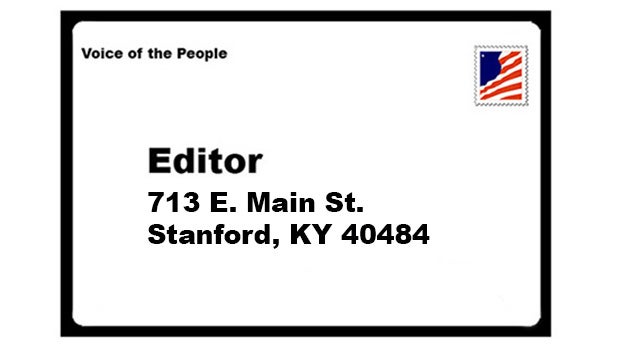UK sets poor example in records flap
Published 11:08 am Monday, September 19, 2016
Bowling Green Daily News
Kentucky’s open records and open meetings laws exist for a reason. They provide transparency by allowing the public to access information about how public money is spent and how public entities operate.
Minutes to a city council or school board meeting; records from colleges and universities; requests for funding amounts on local, state or federal government projects; inquiries into police or court records; information about elected officials and their staff – the public has a right to see all such documentation, since taxpayer funding is involved.
On occasion, government agencies will resist requests to obtain information that falls under open records laws. Often, those who resist are unsuccessful, as they should be, because in many cases it is clear that the information belongs to the public.
The University of Kentucky is currently embroiled in an open records dispute that has drawn national attention. UK sued its independent student newspaper, the Kentucky Kernel, after Kentucky Attorney General Andy Beshear issued an opinion that the university wrongly denied the newspaper’s request to access records from UK’s investigation into allegations of sexual harassment against a then-tenured professor, who has since resigned. UK also refused to supply the documents in question to the attorney general’s office for review.
UK argues that releasing the names of the apparent victims in the case would make complainants less likely to come forward in the future, because they would not feel secure in the confidentiality of their conversations. On Aug. 1, Beshear ruled that records relating to the “university’s investigation of sexual harassment allegations leveled by a student against a professor were not shown to be protected by exceptions and privileges relied upon by the university where the Attorney General was not given records to review” under Kentucky law.
Ultimately, the Kernel anonymously received copies of the records with the alleged victims’ identification redacted. In an Aug. 13 editorial, the Kernel wrote, “the ability to redact names and identifiers of victims and witnesses shows UK President Eli Capliouto’s privacy claim was wrong at best. The effort university officials put into sealing these records raises doubts about their true intentions.”
The staff of the Kernel makes a strong argument against Capliouto’s claim that privacy trumps public interest in this case.
Let us be clear: No one wants to see the names of alleged victims of sexual assault or sexual harassment be made public. In fact, this newspaper, like many media outlets, does not publish the names of sexual assault victims without their permission, except in uncommon situations when identification of the victim is in the public’s interest. Still, the UK case involves our state’s largest university, and the professor at the center of the issue was being paid on the taxpayers’ dime. The university’s attempts to prevent the release of information relating to its investigation – even if well-intentioned – creates the perception that UK is hiding something.
We stand with the Kernel in this case. These records should absolutely have been released, and Beshear, to his credit, is siding with the student newspaper and is seeking to intervene in the lawsuit.
In a meeting Thursday with the Daily News editorial board, Capilouto defended the university’s refusal to turn over the documents, saying that UK is governed by the federal Office of Civil Rights and the U.S. Department of Education as to how it can release information concerning its employees and students. He said UK receives about 2,000 open records requests and year and challenges only a few of them.
“We have trained personnel and a well-described process,” he said. “I do not even see these investigative files. It is important to me that when it comes to matters of this nature, that privacy is respected.”
We respect Capilouto’s desire to protect the identities of victims, but we believe that information about the behavior of a professor and the university’s response to allegations against him should be made available to the state’s taxpayers. The refusal to do so simply gives the impression that UK has something to hide.
That is why it is important to turn over these records in accordance with the attorney general’s opinion. UK is setting a poor example by not adhering to the open records laws of this state.





